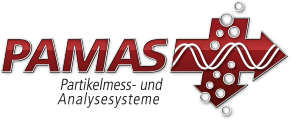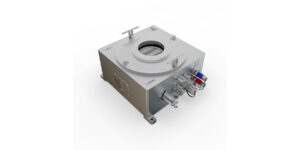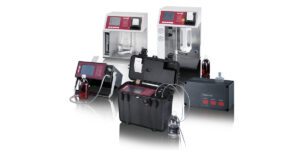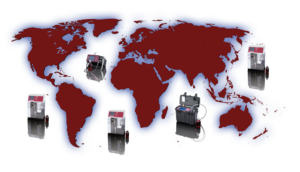People who have ever dealt with the particle measurement of therapeutic protein solutions understand the problem: There is extremely limited sample liquid available because it is very expensive. In addition, the samples are usually highly viscous. How can reliable values be measured without diluting the samples or having to resort to the subjective and time-consuming microscopic analysis procedure?
Analyzes of pharmaceutical liquids are usually carried out according to the international pharmaceutical books (pharmacopoeia), e.g. the United States Pharmacopoeia (USP) or the European Pharmacopoeia. There, the automatic laser-optical measurement method is mentioned as the preferred method for the analysis of invisible particles in infusion solutions, parenterals, pharmaceutical suspensions and intravenous or ophthalmic solutions. In the case of problematic sample properties such as too high viscosity, however, reference is made to the microscopic measuring method, which in turn brings other problems with it. It is much more time-consuming and complicated to use and therefore ultimately significantly more expensive. Furthermore, manual microscopy is heavily dependent on the user, which leads to subjective measurement results.
PAMAS has looked at this fundamental issue and developed the solution in the PAMAS SBSS Small Volume; a laser-optical particle counter that can reliably measure the smallest sample volumes of highly viscous liquids. Due to the unique pressurized measuring method, no dilution of the sample is necessary. The air bubbles that would distort the measurement can be removed from the sample using the integrated vacuum function. With the SBSS Small Volume, PAMAS currently offers the only device of this type on the market.




